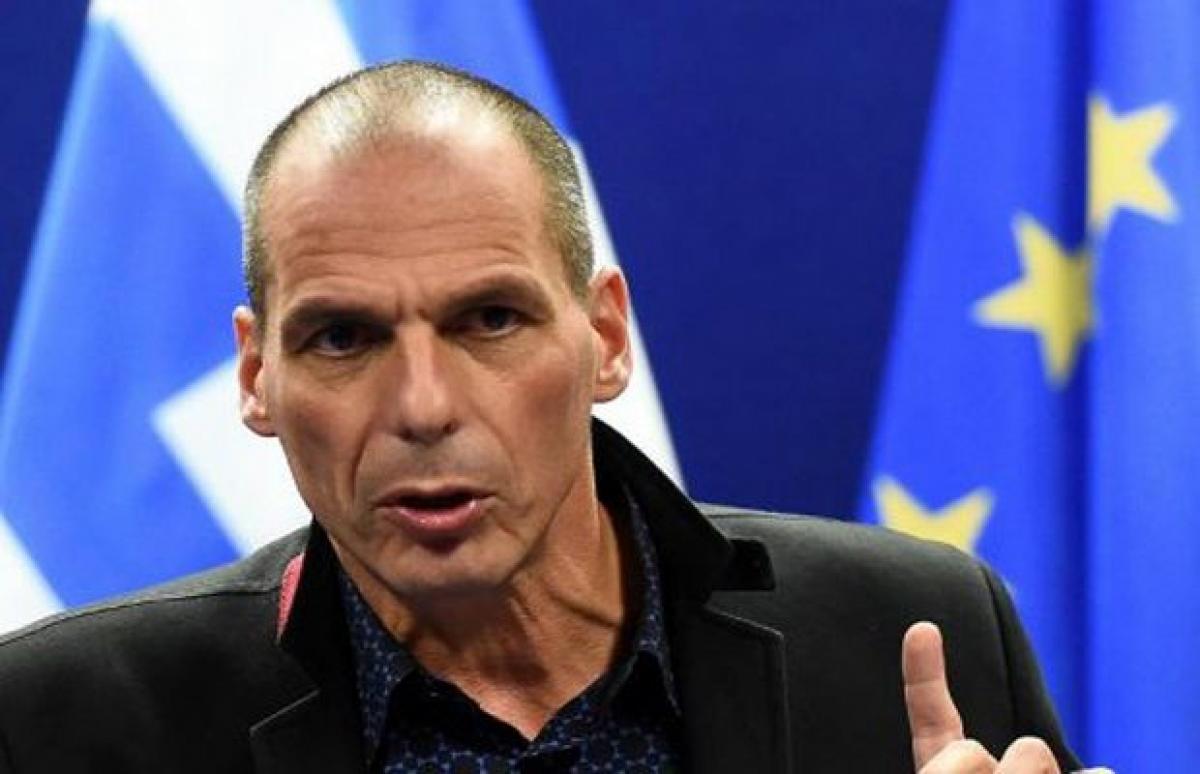Just In

x
Highlights
Greece\'s outspoken finance minister resigned on Monday, removing a major obstacle to any last-minute deal to keep Athens in the euro zone after Greeks voted resoundingly to reject the austerity terms of a bailout.
Greece's outspoken finance minister resigned on Monday, removing a major obstacle to any last-minute deal to keep Athens in the euro zone after Greeks voted resoundingly to reject the austerity terms of a bailout.
Yanis Varoufakis, a self-proclaimed "erratic Marxist" economist who infuriated euro zone partners with his unconventional style and hectoring lectures, had campaigned for Sunday's sweeping 'No' vote, accusing Greece' creditors of "terrorism".
"I was made aware of a certain ‘preference’ by some Eurogroup participants, and assorted ‘partners’, for my... ‘absence’ from its meetings; an idea that the Prime Minister judged to be potentially helpful to him in reaching an agreement," Varoufakis said in a statement.
His sacrifice, after promising Greeks he would win a better deal within a day of their overwhelming referendum vote, suggested leftist Prime Minister Alexis Tsipras is determined to try to reach a last-ditch compromise with European leaders.
With banks shuttered, cash machines running out of banknotes and sympathy for Athens among EU governments close to exhausted, Greece's fate is largely in the hands of the European Central Bank and of German Chancellor Angela Merkel.
The ECB's policymaking governing council was holding a conference call on Monday to decide how long to go on keeping Greek banks afloat after the overwhelming rejection of bailout terms the central bank had helped to shape.
Merkel, under mounting pressure in Germany to cut Greece loose from the euro zone, meets French President Francois Hollande in Paris later in the day to seek a joint response ahead of an emergency summit of euro zone leaders in Brussels on Tuesday.
Public opinion in Europe's biggest economy is fast turning against any further aid to Greece, and Merkel's vice-chancellor, Social Democrat Sigmar Gabriel, said on Sunday that Tsipras had torn down the last bridges of compromise with the euro zone.
After five years of economic crisis and mass unemployment, Greek electors voted 61.3 percent 'No' to the bailout conditions rejected this month by their radical leftist government, casting Greece into the unknown.
"You made a very brave choice," Tsipras said in a televised address as jubilant supporters thronged Athens' central Syntagma Square to celebrate the act of defiance of Europe's political and financial establishment.
"The mandate you gave me is not the mandate of a rupture with Europe, but a mandate to strengthen our negotiating position to seek a viable solution."
ECB SEEN TIGHTENING NOOSE
The ECB's policymaking governing council was meeting to decide whether maintain, increase or reduce a lifeline for Greek banks, which have been shuttered for a week with cash withdrawals rationed and money fast running out.
Several people familiar with ECB policy said the central bank would reject a Greek government request to raise the cap on emergency liquidity assistance provided by the Greek central bank and leave the limit unchanged, slowly tightening the noose on the banks but giving them a few more days' air.

Next Story
More Stories
ADVERTISEMENT
© 2024 Hyderabad Media House Limited/The Hans India. All rights reserved. Powered by hocalwire.com







